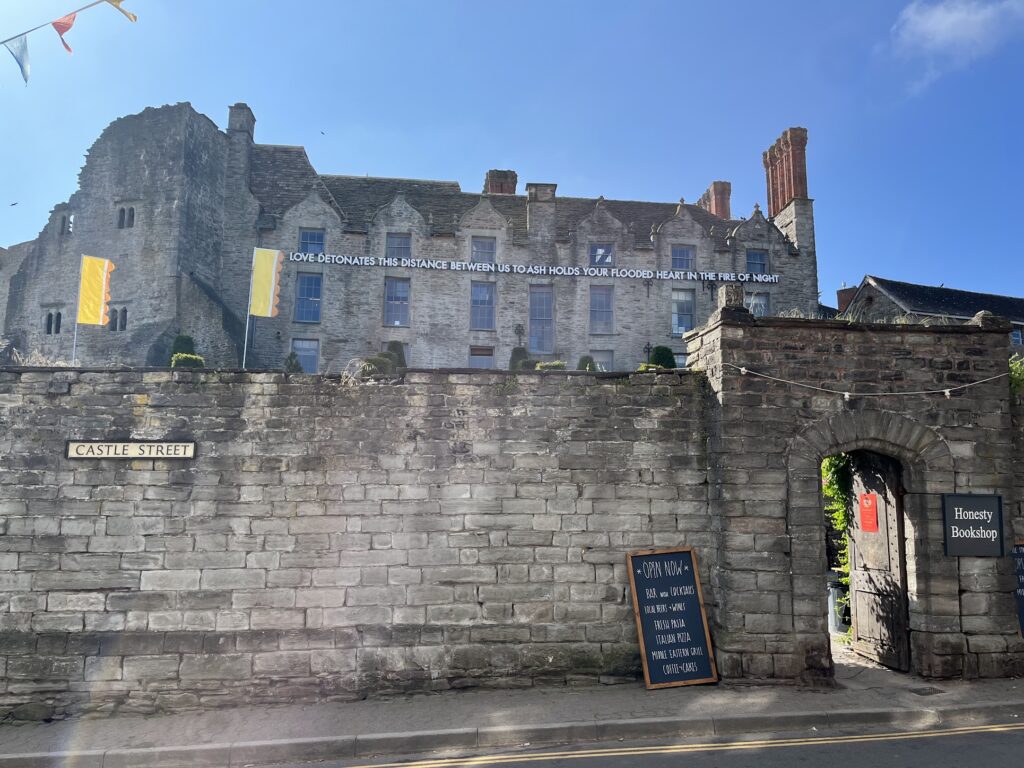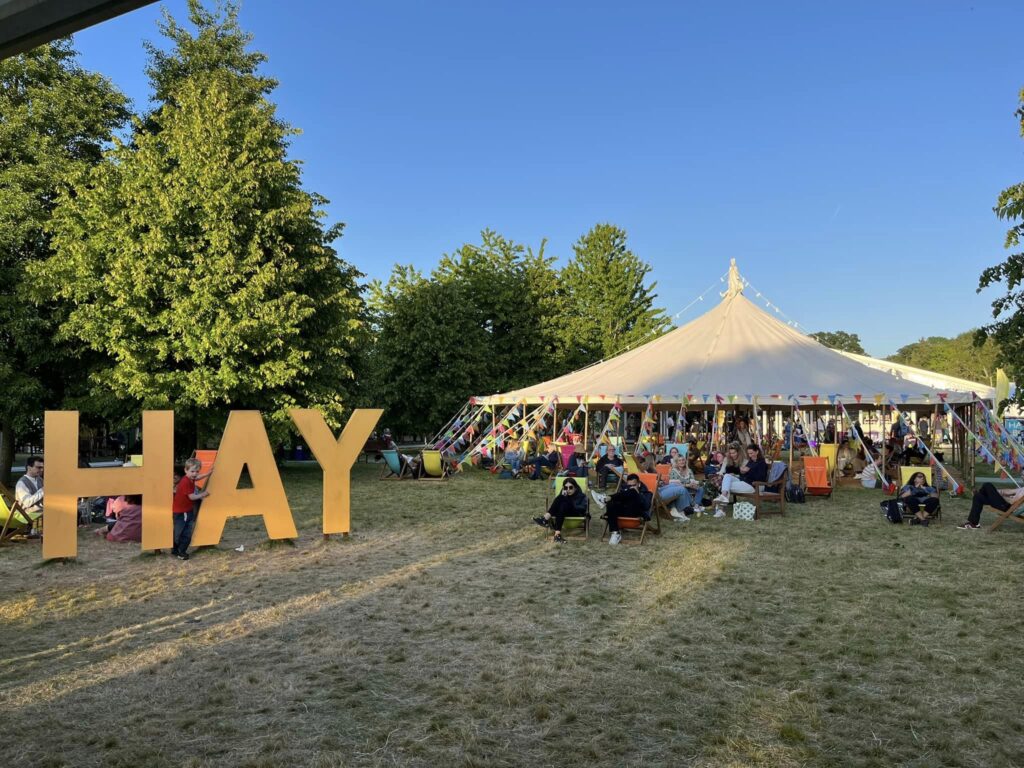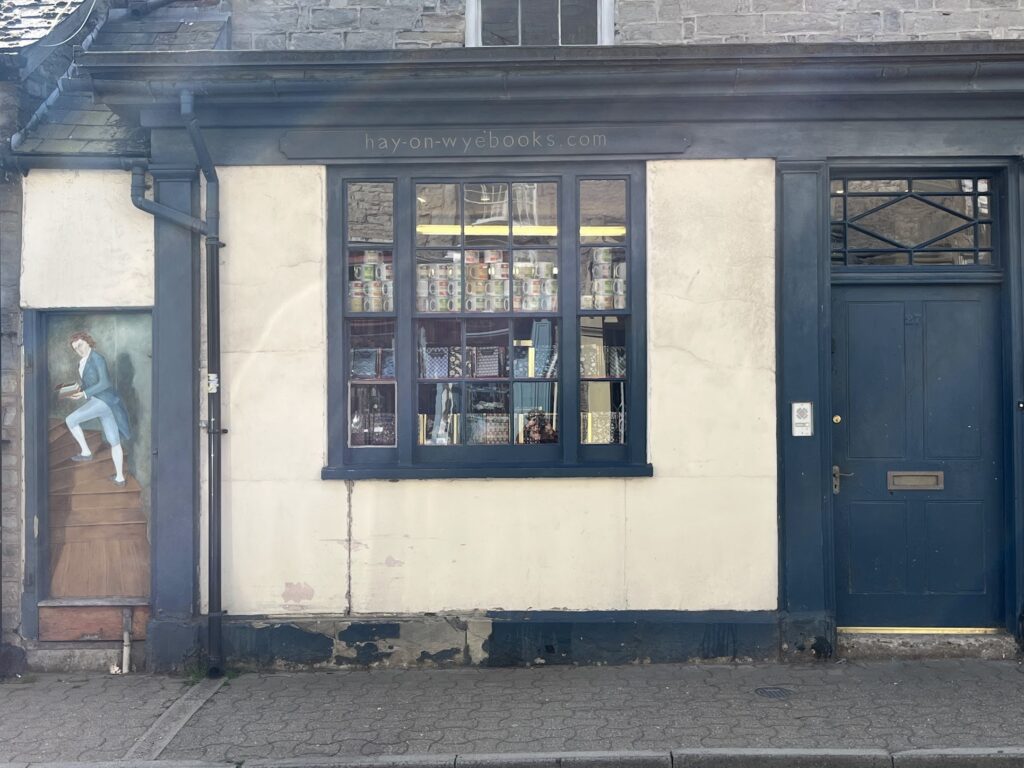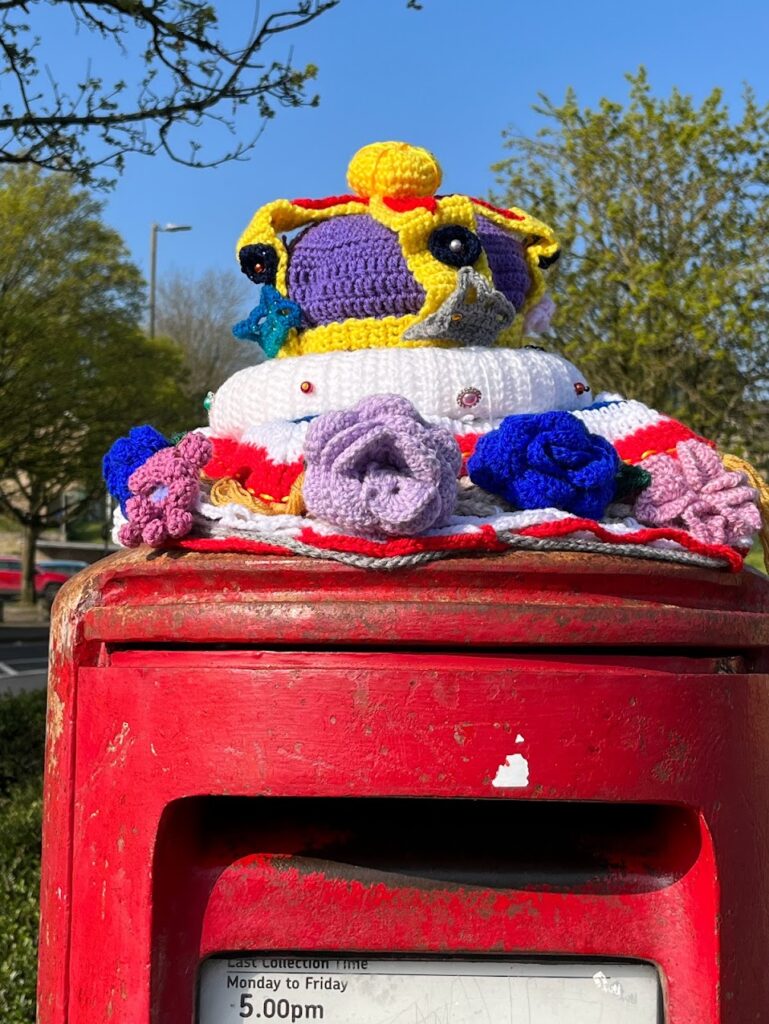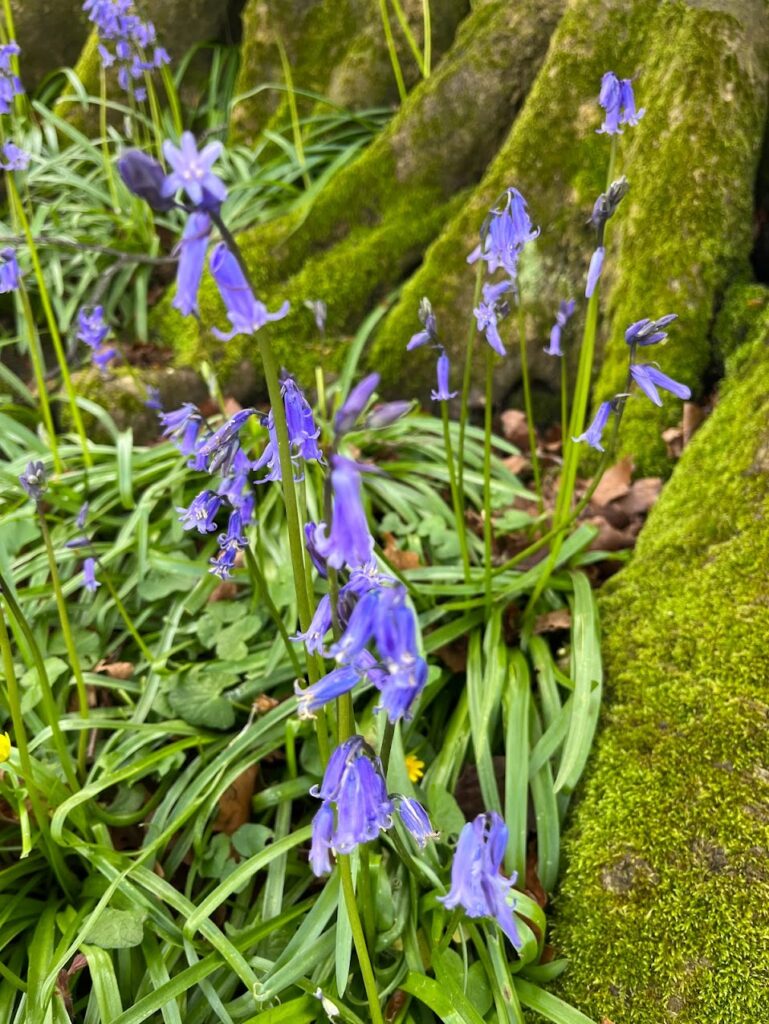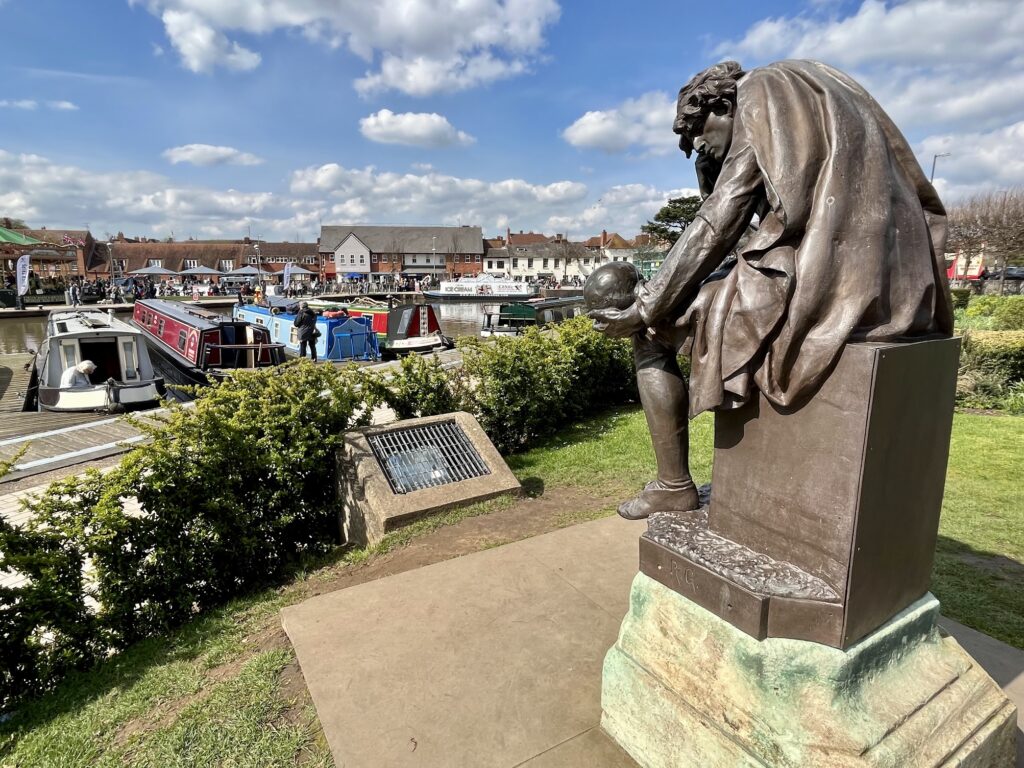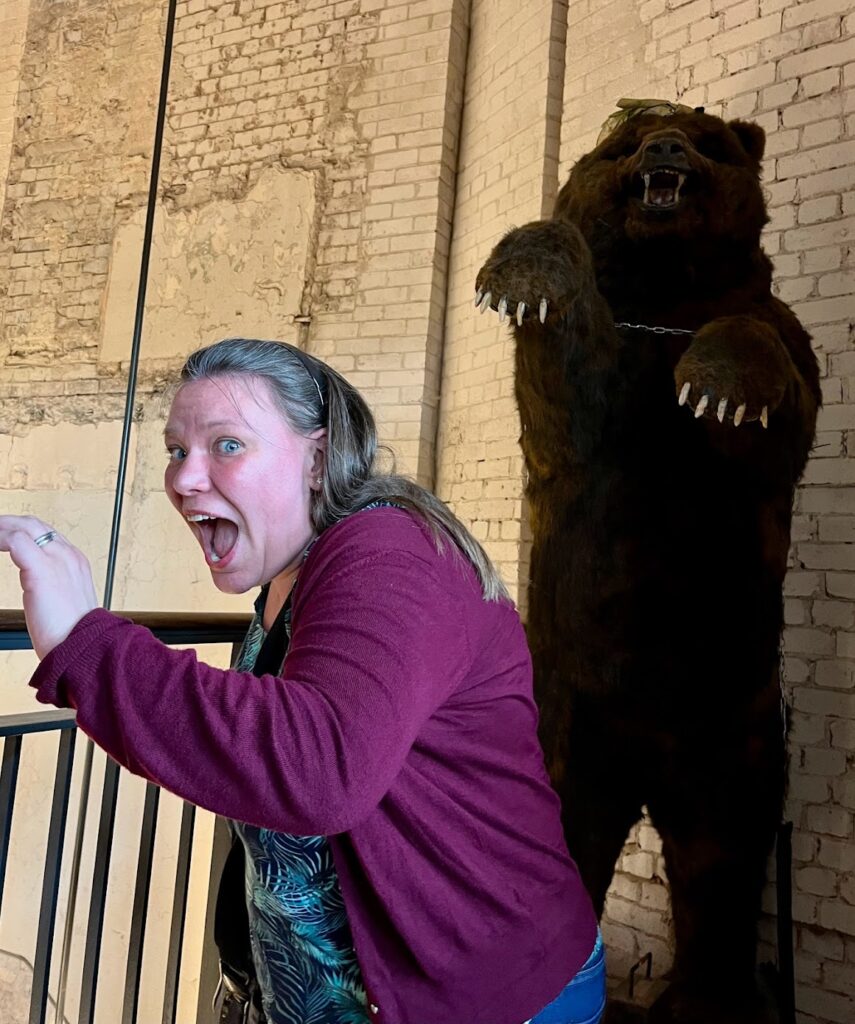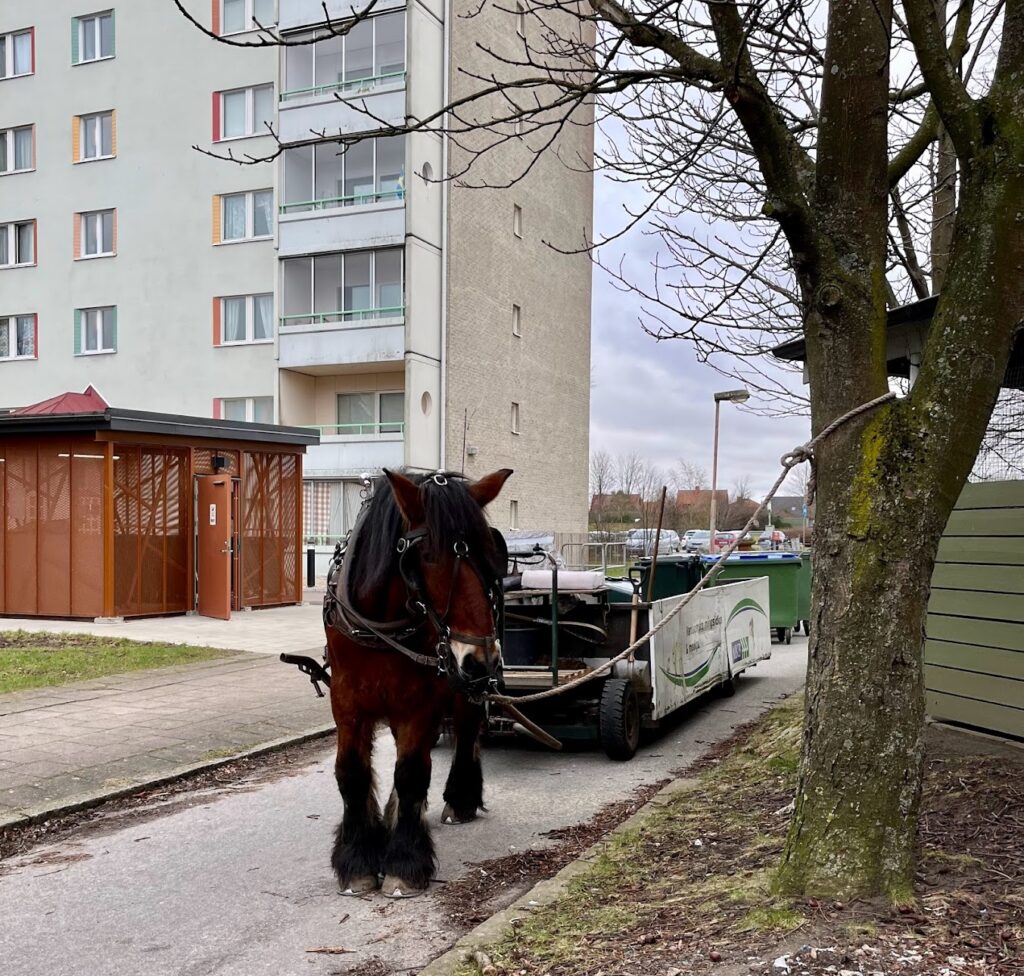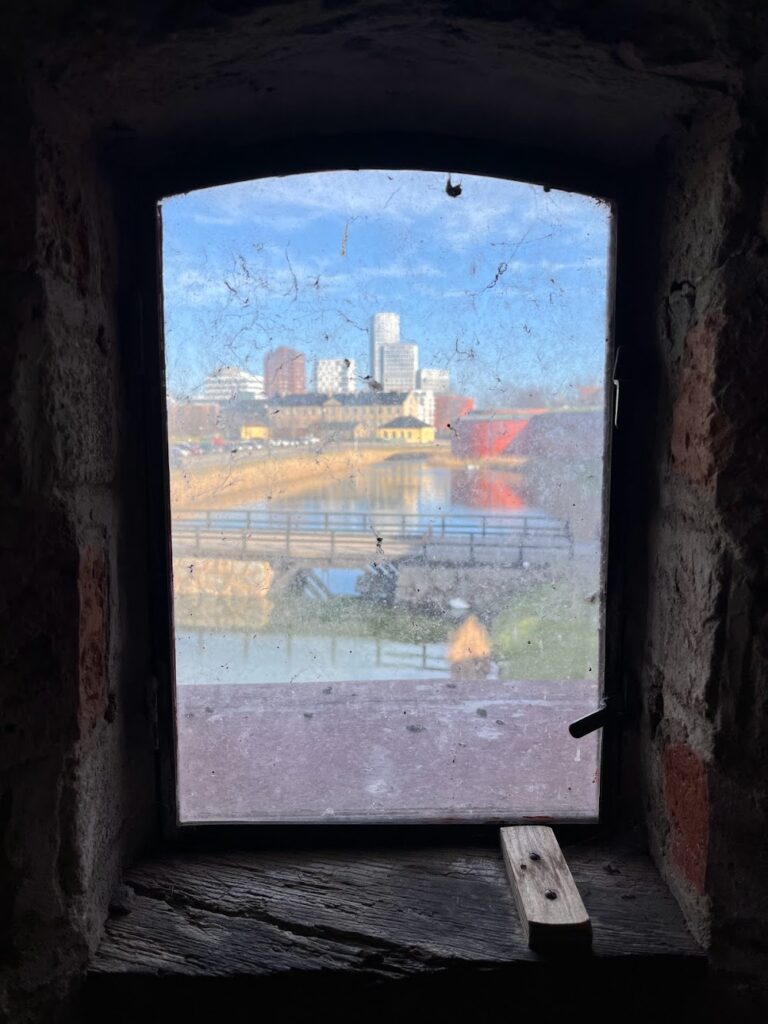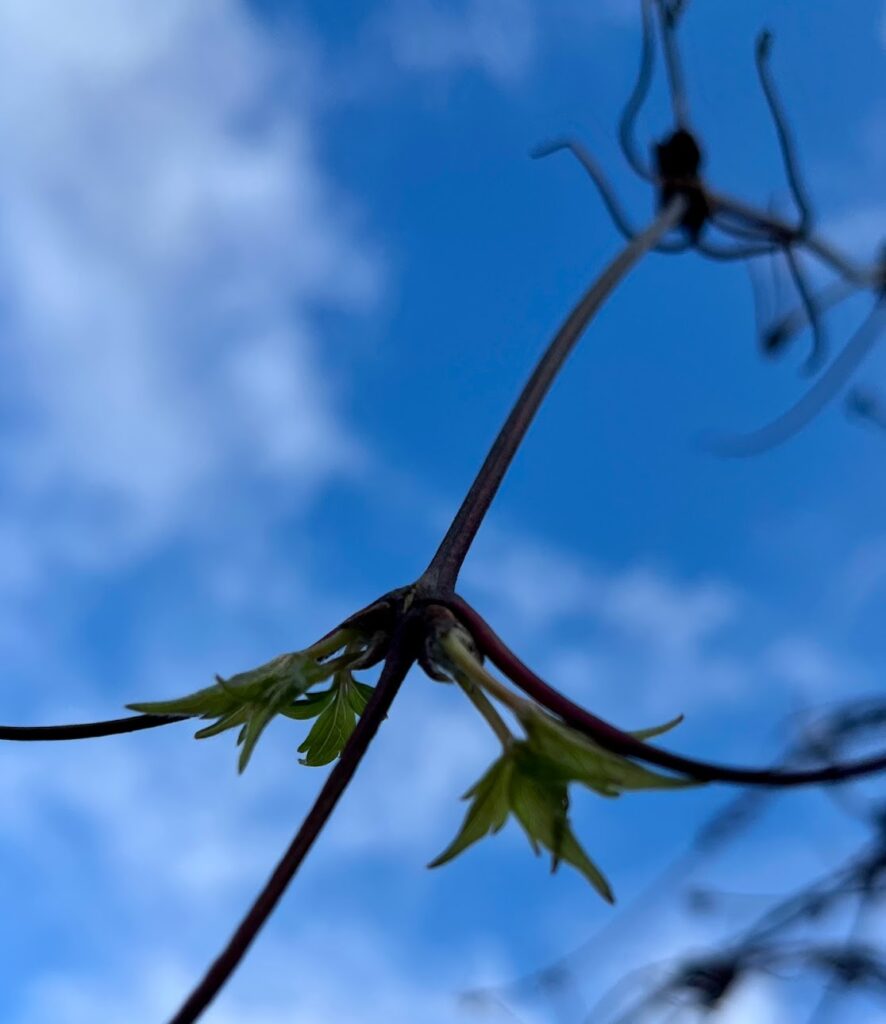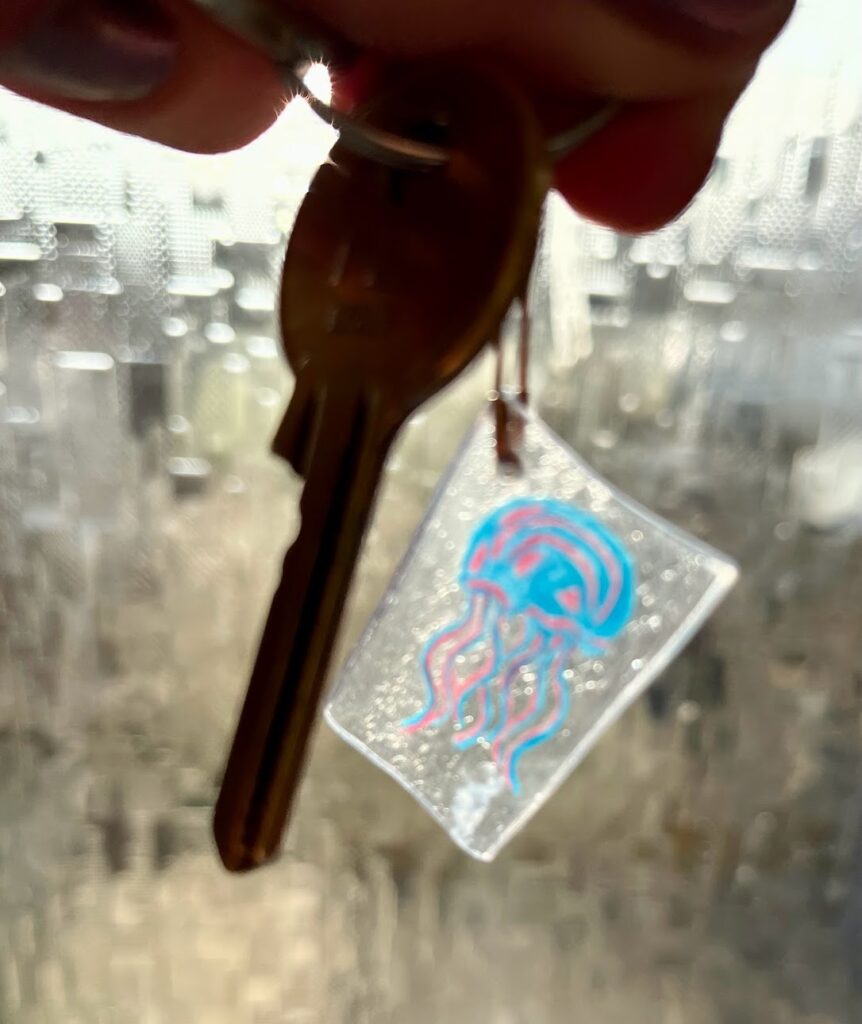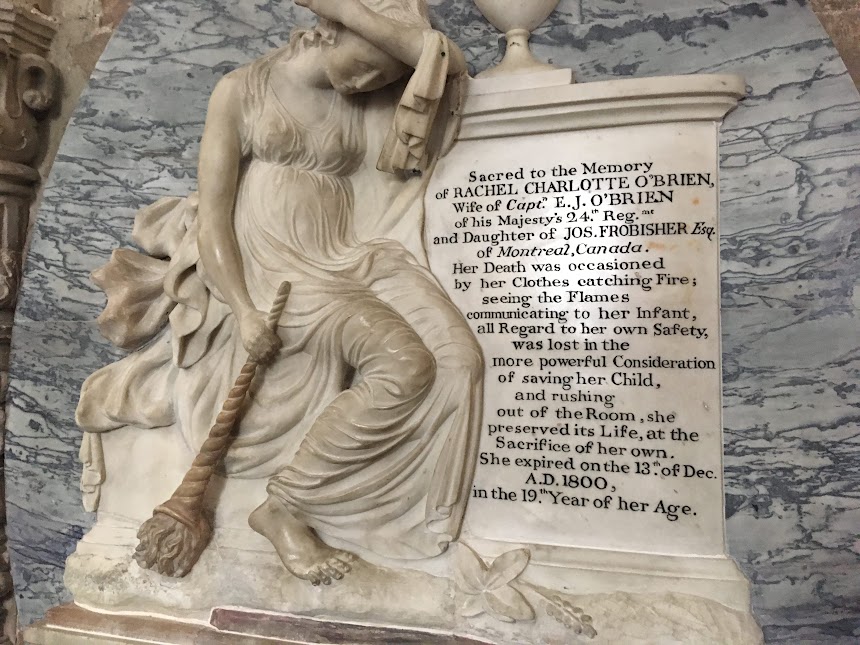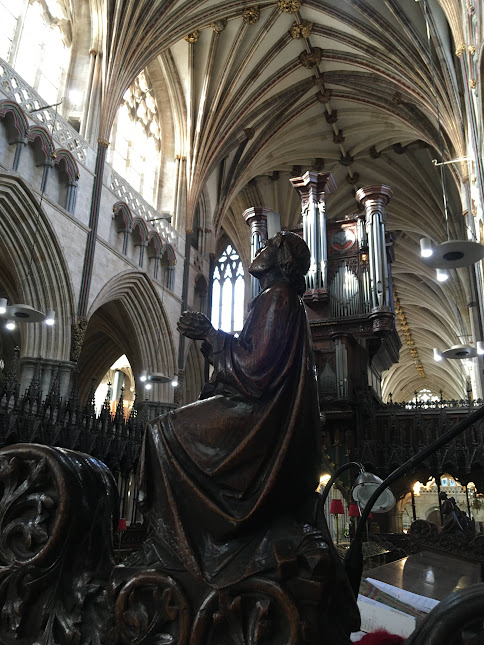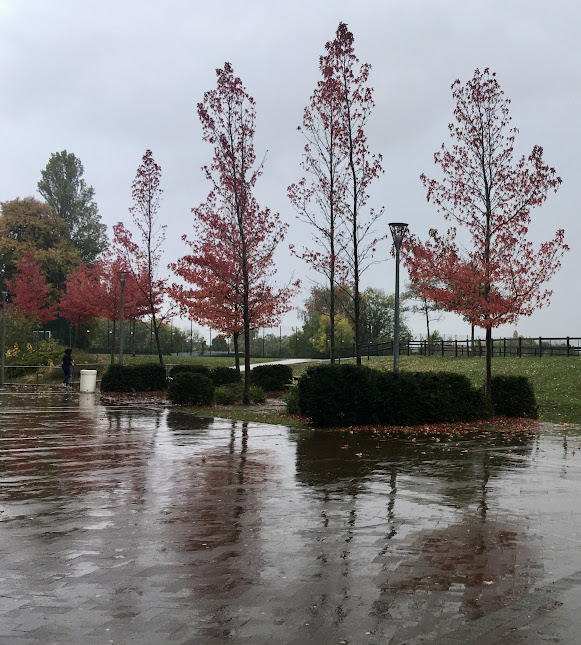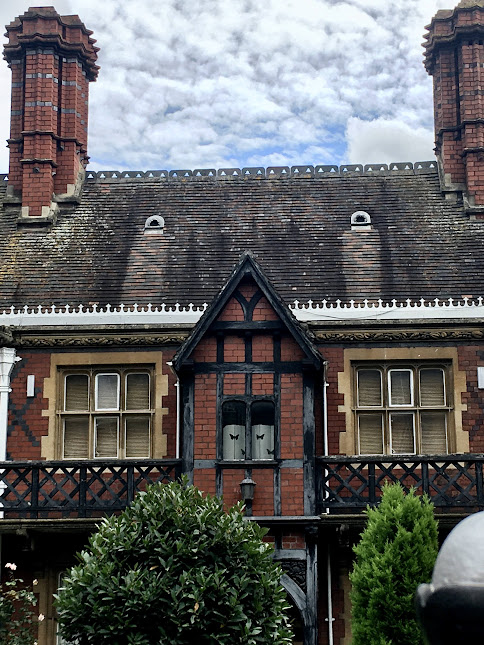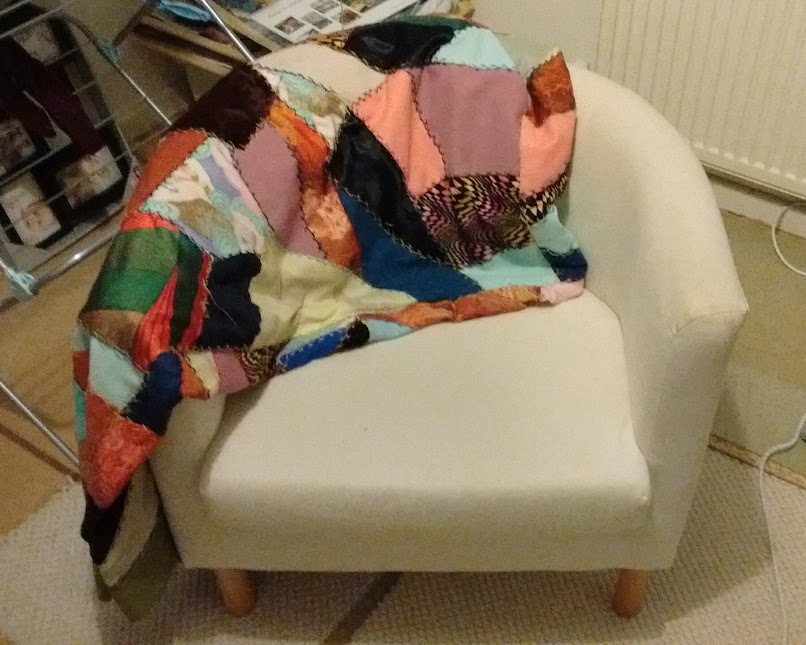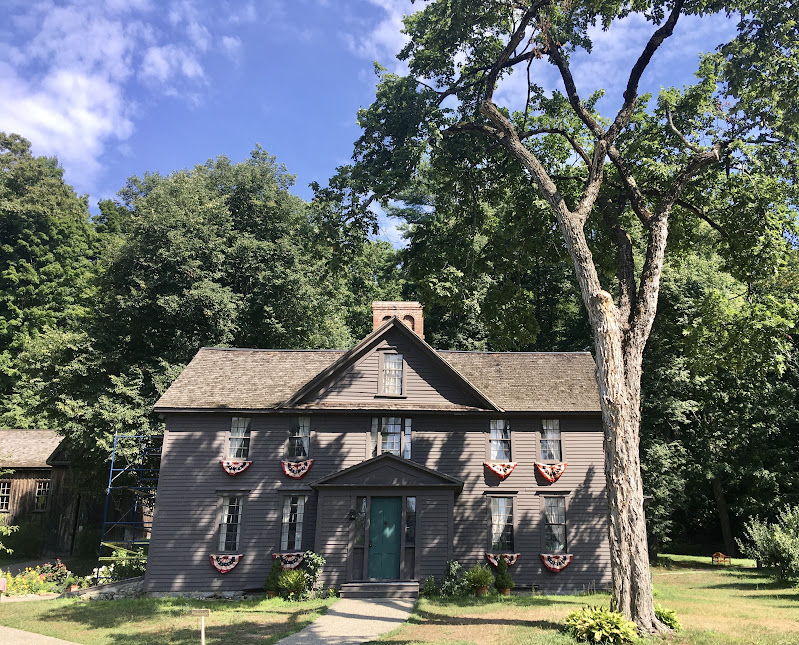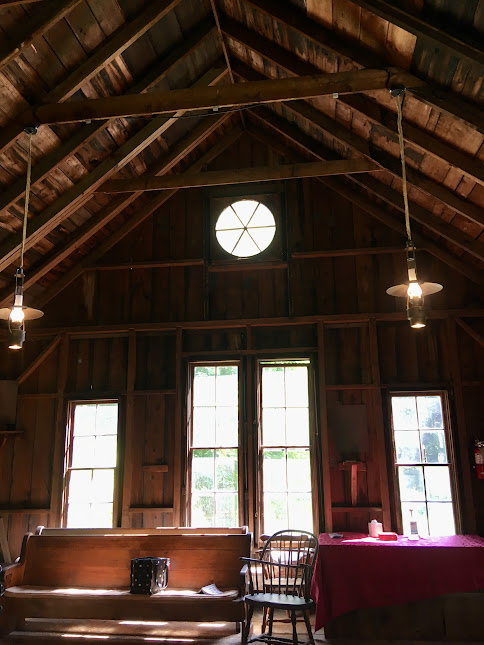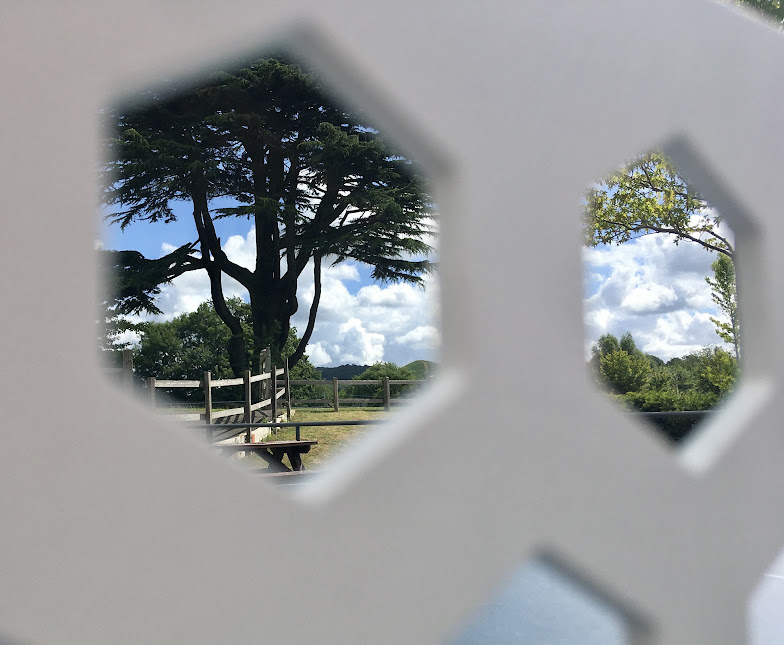This Week’s Bit of String: Birthday cake beheadings
My mother was really great at baking us birthday cakes catered to our interests. I think there was a Cabbage Patch cake once and Maiden Fairhair barbie type ones, I had a Scarlett O’Hara cake in seventh grade, and with four kids in the family I can’t even remember all the other characters and critters we must have gone through.
The problem with this, of course, is that those cakes then get eaten.
One year, my dad shouted ‘Off with its head!’ as the cake was cut into, and because I got so upset about it, he made sure to do it every time after. Even now, I don’t like eating chocolate bunnies at Easter because I feel bad biting their heads.
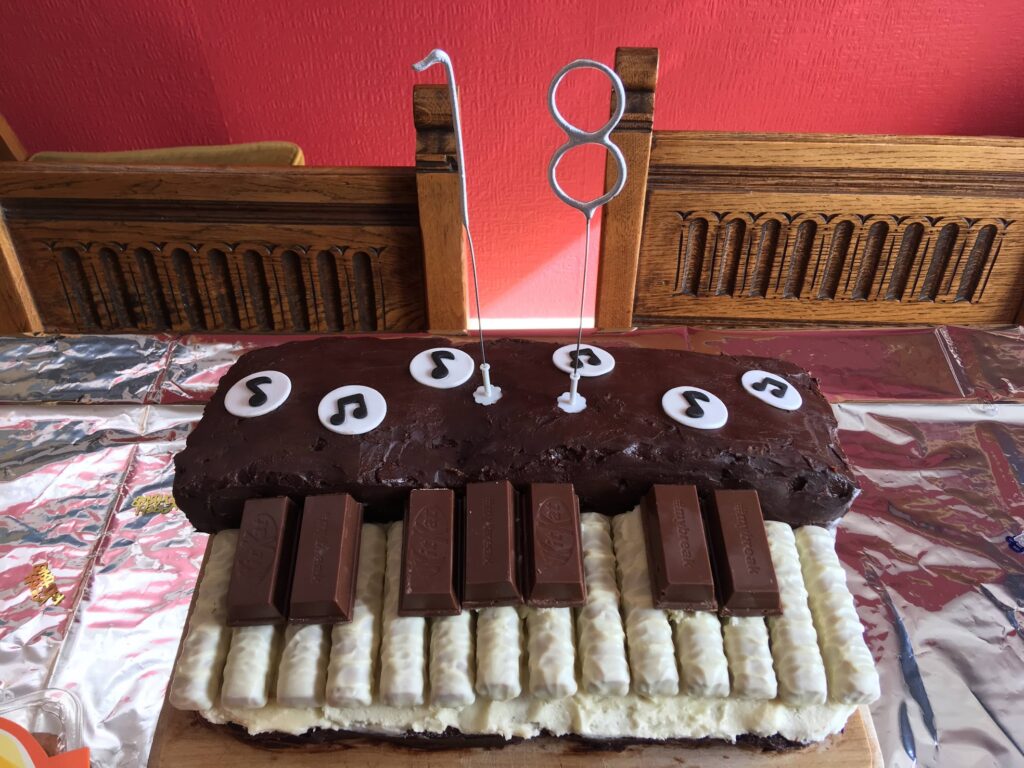
I absolutely can’t bear thinking about executions. I remember preparing to emigrate to the UK, I was up late packing because I couldn’t do so during the day as a working single mum, and on one of the two channels my New Hampshire TV picked up, there was a documentary about Shakespeare. It said how in his time, when someone was accused of treason, their entire family was publicly tortured to death. This seems to have happened to Shakespeare’s mother’s cousin as well.
Through the exhausting process of sorting all mine and my toddler’s belongings, through the emotional goodbyes and the harrowing paperwork, I think this was the moment when I was most hesitant about changing countries. I’m going to a place that did THAT to people?
Personal Triggers
My sensitivity about this topic has become more ingrained with time. As a senior in high school I was traumatised for weeks because I saw a black and white predecessor to The King and I in which the Tuptim character and her partner get burned at the stake. I forced myself to learn all about burnings because that was my biggest fear.
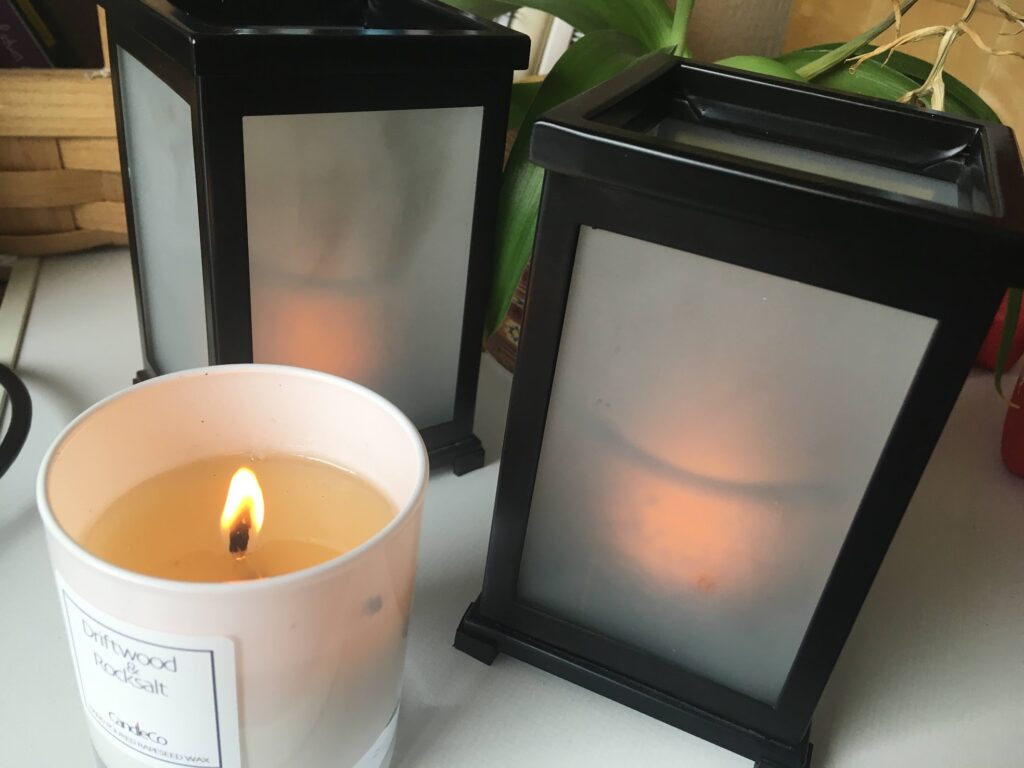
I have tried a brutal, immersive approach at times, reading accounts of drawings and quarterings and whatnot. That hasn’t helped me sleep better at night. When I’m up in the small, dark hours, there are doors in my mind I have to keep closed or I’ll be too terrified of nightmares to let myself fall asleep. I have lots of ready-made furniture to pile against that mental door: memories of my Grammy, planning the meals for the week; heck, how about naming all the titles from The Baby-Sitters Club?
I have concluded that executions are something I have to give myself a permanent holiday from thinking about. Is that so wrong? Maybe it’s just chemistry, certain things can’t mix. So I artfully plan a printing mission and slip out of the GCSE English classroom during the bit in Macbeth when they go after Macduff’s family. I would certainly never dream of watching something like Game of Thrones and prodigiously avoid anything about Roman times and how they treated captives.
It could be the cruel inevitability of a planned execution that upsets me so much. The anticipation and the degradation and the helplessness. Some part of my mind may connect it to the traumas I experienced, because I couldn’t figure out how to stop those happening and they, too, carried an element of shame.
Content Warnings
To be a productive individual, there are certain topics I have to avoid. It’s tremendously helpful if there’s a content warning which guides me in that. Of course, I then need the self-discipline and self-care to act on the warning. Sometimes a warning makes me think, Ooh, I’d better try and suck up my feelings and read it anyway, what right do I have to an easy existence? But then it kind of wrecks me.
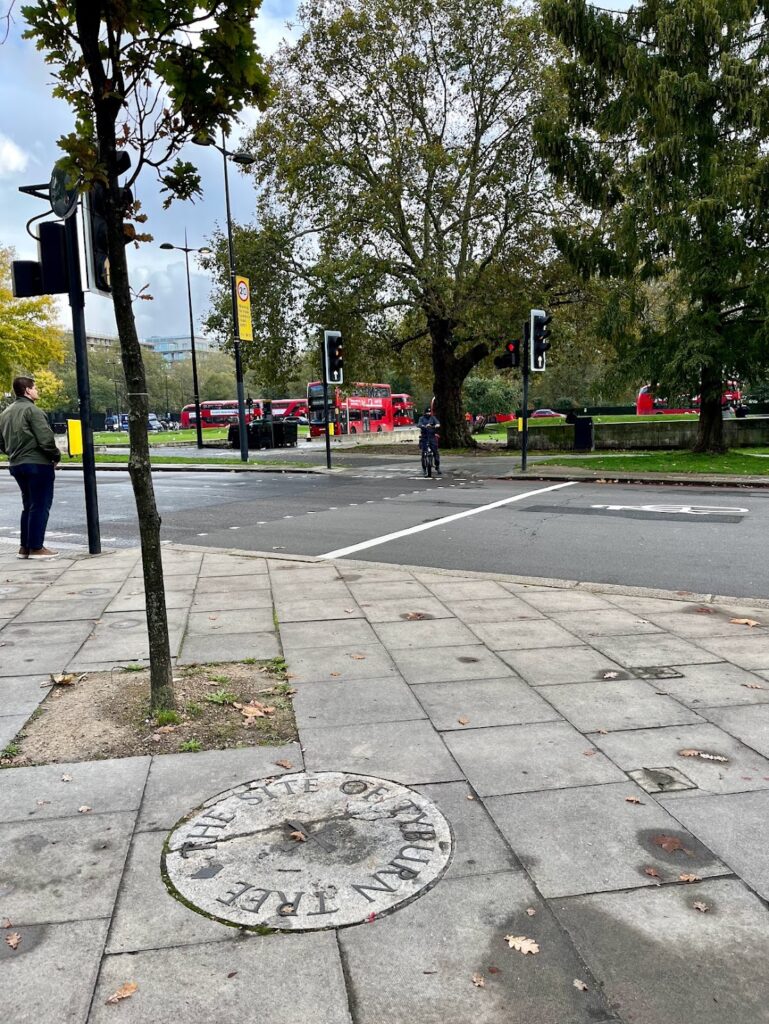
Content warnings are sometimes portrayed as a snowflakey, excessively woke, mollycoddling sort of thing. But there’s a strength and, again, a discipline in knowing our limits. Just because I’m unable to cope with accounts of Tudor torture or Jim Crow lynchings (and honestly, I’ve TRIED), it doesn’t mean I’m ignoring important issues of the day. Hopefully that is clear from my writing.
On a slight side note, I’m glad terminology has shifted from “trigger warning” to “content warning.” The word trigger itself could be triggering, particularly in my home country considering the dangers of gun violence.
Does it really help the world if I get into a bit of a hole and read avidly about brutal colonial punishments in the Belgian Congo, then can’t sleep for several nights and am off my game as a teaching assistant and mum? I’m not sure it does. So, as Guy Fawkes night approaches, I’ll be giving that one some berth, particularly as he may have been set up and led into the gunpowder plot. Didn’t the bloke get tortured enough; why are people celebrating his burning for centuries after? I can’t think of any other holiday which so blatantly revels in pain… Good Friday and Remembrance Day are a great deal more respectful.
Have you found certain content that you need to avoid? Or, what are your strategies for dealing with things that slip through your defences without warning?
